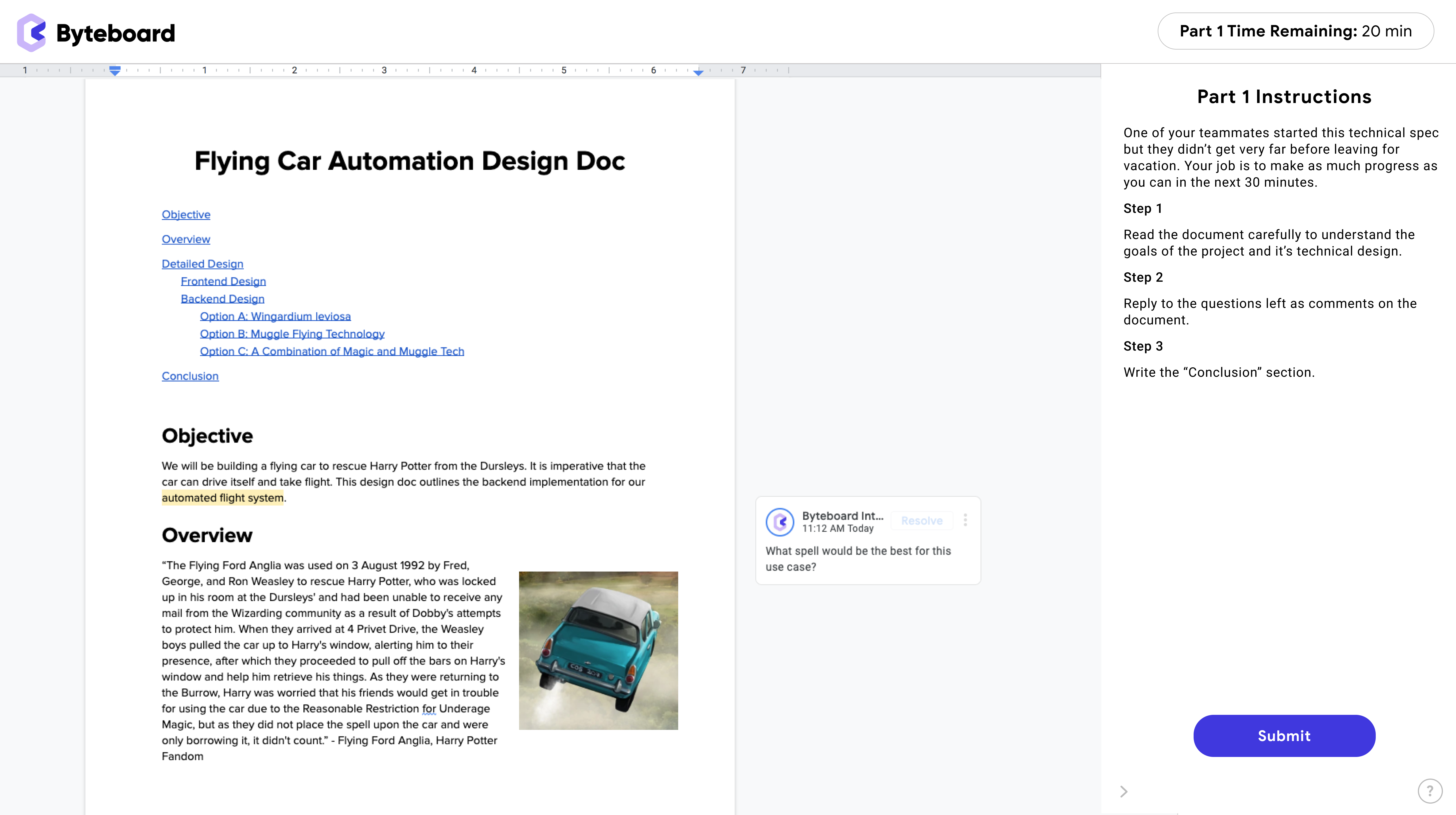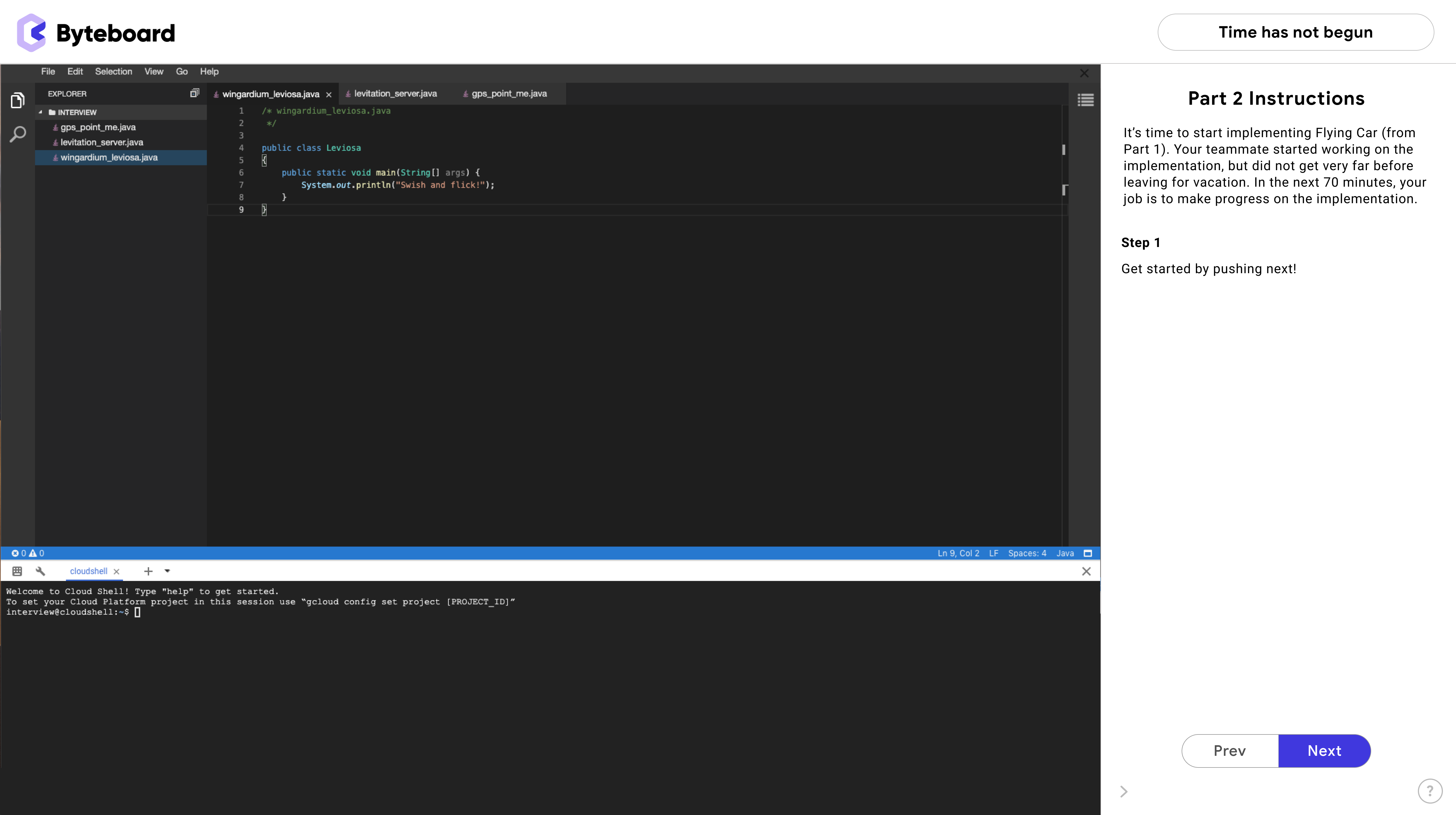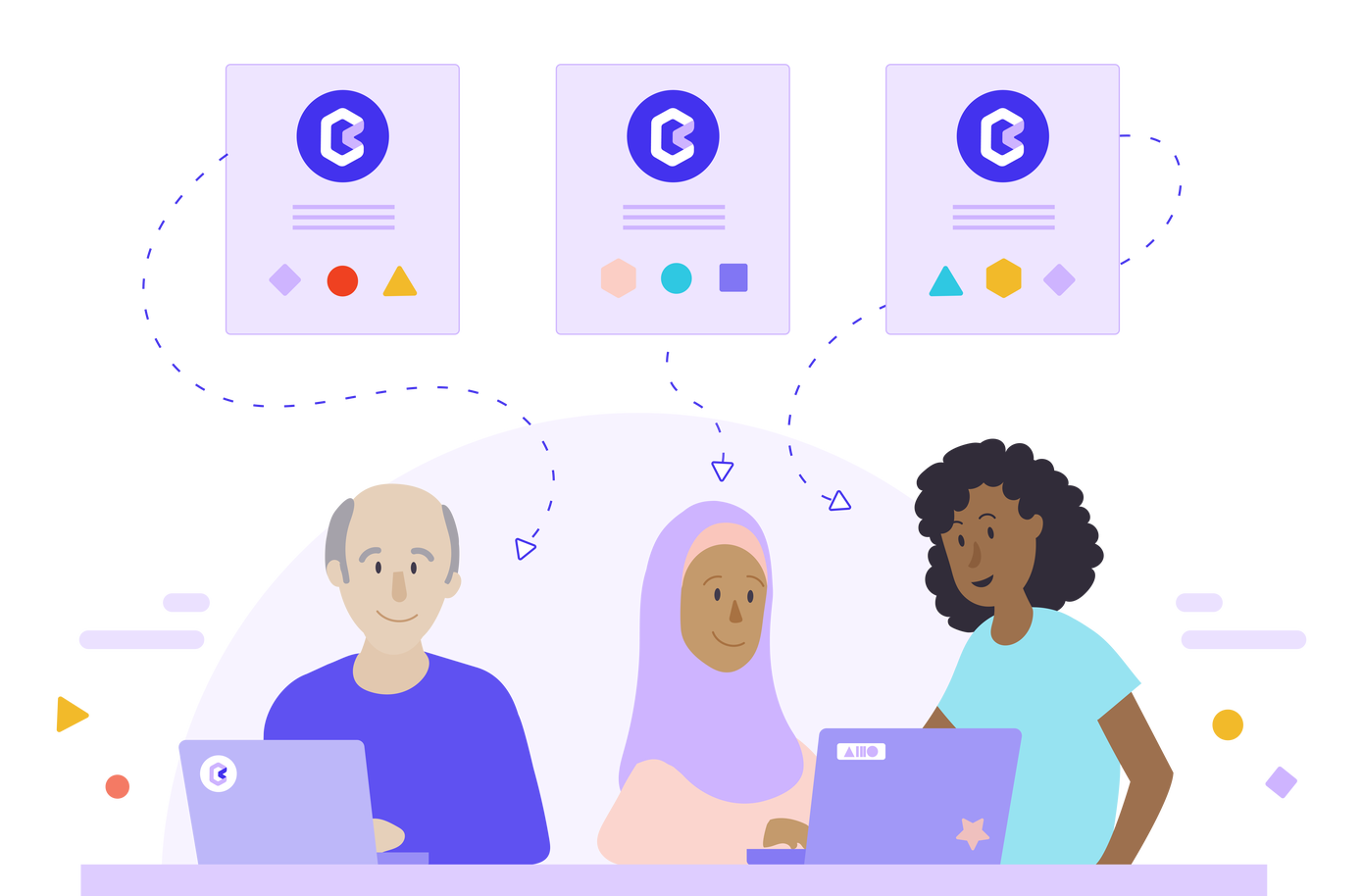Byteboard, a new tool that aims to make the technical interview experience less tedious and more effective. The team argues that today’s interview process for software engineers just doesn’t cut it because it doesn’t really measure how well somebody would do in a day-to-day engineering job. Instead, it does a good job of figuring out how well somebody can remember material from an advanced algorithm class and then repeat that in a whiteboard session.
“Between day jobs and family responsibilities, the current technical interview process is anxiety-inducing and burdensome for candidates — benefiting those who have the time and resources to prepare, while creating a barrier for those who do not,” said Sargun Kaur, the general manager for Byteboard . “So despite companies investing seven to nine hours per person on interviewing, they miss out on great, capable talent by testing for memorization instead of practical application of skills.”

Byteboard replaces this old-fashioned process with an identity-blind, project-based evaluation process that highlights real-world skills that will be used on the job. To do this, Byteboard presents the interviewees with a real-world coding environment, for example, and candidates can choose between their own coding environment or Byteboard’s embedded web editor. Supported languages include Java, Python, Ruby, C++, C#, JavaScript (node.js) and Go.
Employees can customize which domains they want candidates to work on, Kaur said. To do this, the team works with each employer to understand what they are looking for.
It’s worth noting that Google isn’t the first to do this, though this project does fit in well with the company’s recent focus on job search tools. HackerRank and others already offer employers similar tools for evaluating candidates. Kaur argues that Byteboard is different, though.

“Most other technical interview platforms focus on digitizing the traditional approach to technical interviews, which primarily tests for understanding of overly theoretical concepts,” she told me. “This still unfairly benefits those who have the time and resources to prepare for these interviews that over-index on algorithms and data structures and doesn’t allow companies to accurately assess how likely a candidate is to succeed in their job. The Byteboard interview is designed to simulate what engineers actually do on the job, asking candidates to work on a project from its design to implementation.”
The results are then assessed by a group of highly experienced engineers who have been trained to review each interview — after it has been anonymized — and rate it according to a set of rubrics that evaluate about 20 software engineering skills.
Google stresses that the evaluation process is anonymous, which will hopefully take most of the bias out of at least the early interview process.
The team also notes that some companies that have already tested the service have been able to replace all of their pre-onsite interviews with Byteboard interviews. Betterment, for example, has used it to interview more than 50 engineering candidates and found that 86% of the candidates that made it through the process were “strong candidates.”
Source: Google’s Area 120 launches Byteboard to improve technical interviews in techcrunch.com



